What Size Breaker for a Pool Pump? (15, 20, or 30 Amp)
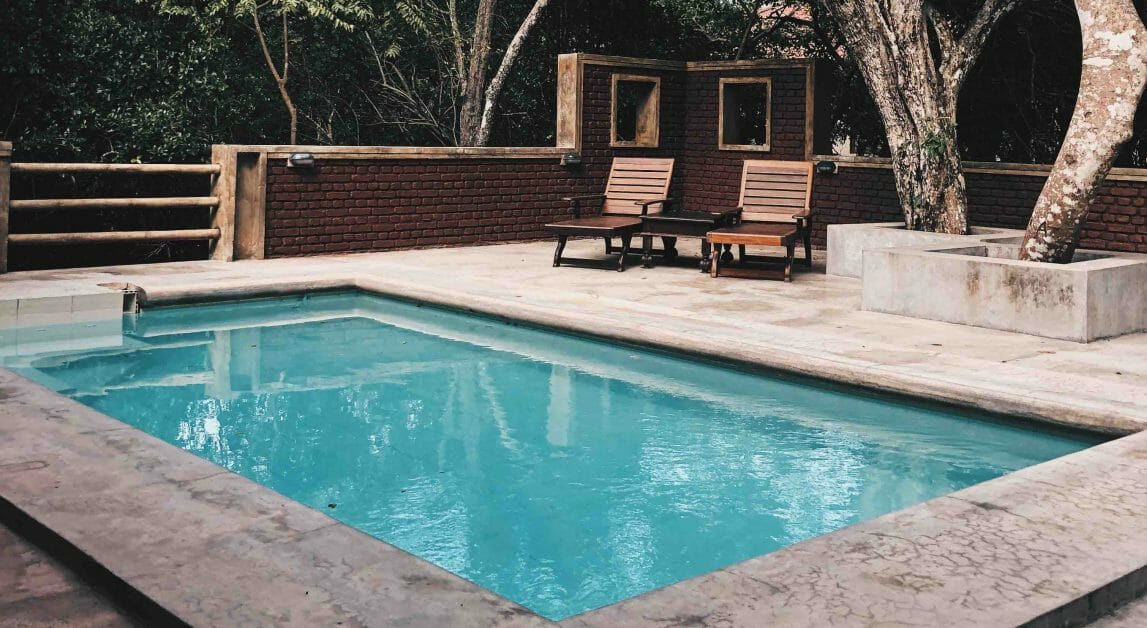
When it comes to pool pumps, the size of the breaker determines how much power your pump can use.
Every pool should have a few key mechanisms that protect its users. The circuit breaker for the pump is one of the most crucial parts, along with the ground fault circuit interrupter. Both prevent shocks from electricity in case the circuit system undergoes shortages, so you need to choose the correct size for those protective systems.
In general terms, a 20-amp breaker is ideal for most pool pumps. Most people use this breaker because they also connect it to other parts of the pool’s equipment. You can use a 15-amp circuit breaker solely for the pump, which mainly applies to aboveground pools. You may go for a 30-amp breaker for an inground pool.
I’ll go into more detail below.
A Few Words About Pool Pumps
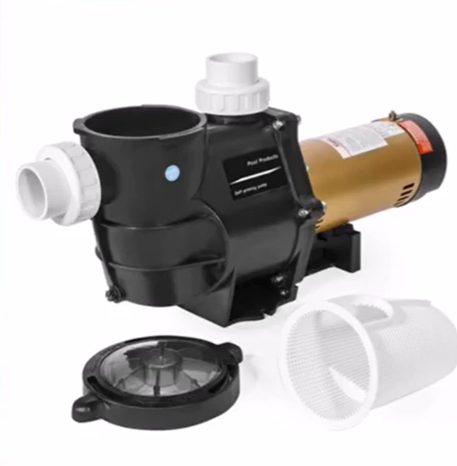
The pool pump is the heart of your swimming pool’s system.
Its primary function includes pulling water from the pool’s skimmer, driving it through the filter, and returning it into the pool. Its key components are:
- The motor
- The impeller
- The hair and lint trap
It generally uses 110 volts or 220 volts, 10 amperes, and its speed is regulated by its type:
- Regular-speed pool pump
- Two-speed pool pump
- Variable-speed pool pump
Since it is operated via electricity, it is crucial to include a circuit breaker inside the system.
Why is It Important to Have a Circuit Breaker
A circuit breaker’s function is to trip whenever an electrical shortage or power surge occurs.
The swimming pool pump motor might draw excessive amounts of power at some point during its use. That means it can transfer electricity inside the pool through this mechanism. The user of the pool is then in danger of electrocution.
To prevent such a case, the breaker will stop the flow of electric current throughout the system.
General Breaker Size for Pool Pumps
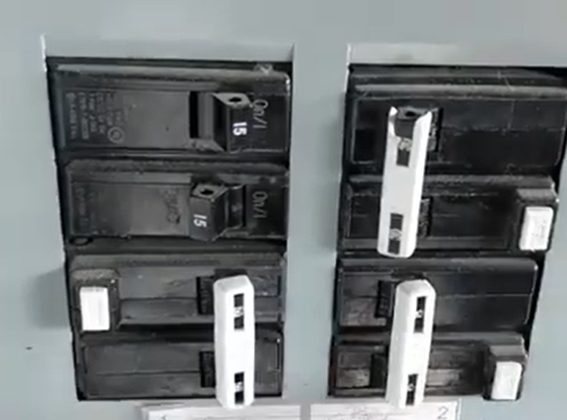
You need to keep a few details in mind to choose the ideal breaker.
Most experts advise customers to buy a breaker from the same brand where they got their pool pump. That ensures compatibility between the breaker and the swimming pool’s electrical system. It also helps to acquire quality products.
To choose the proper breaker, the best way to go about it is to contact a licensed electrician to check the details of your pump. If you are already aware of the attributes, you can easily decide which size breaker works for you.
You can choose either a 20-amp breaker or a 15-amp breaker.
20 Amp Breaker
The 20-amp breakers are the most common for households.
As mentioned above, most pool pumps use 10 amperes of power, making the 20-amp breaker more than capable of handling its consumption. It can tolerate up to 3 hours of operation without any risk of damage, as the duration of maximum usage for continuous load dictates.
You can also find pool pumps that draw up to 17-amps while powering on. After a while, they will drop to the standard ampere consumption. In this case, you can use the 20-amp breaker.
However, in the second case, as opposed to the first one, you will not be able to connect other pool-related devices in the circuit.
15 Amp Breaker
The second choice is a breaker for a maximum load of 15 amperes.
It is only usable for the 10-amp pool pumps without being able to support other devices in the circuit.
Wiring Size
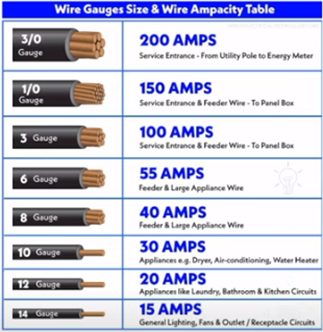
You should select the wires in accordance with the size of the breaker.
There are two wire sizes that you can use based on the American Wire Gauge (AWG) system. The AWG determines the wire’s diameter and thickness.
- The size 12-gauge wires
- The size 10-gauge wires
The 12-gauge wires can be applied to most swimming pool pump motor breakers. The 10-gauge wires are mostly used for 30-amp breakers.
Note that the thicker the wire, the lower the gauge number is.
Choosing a Breaker Based on the Swimming Pool Type
There are two types of swimming pools:
- Aboveground swimming pools
- Inground swimming pools
They each use a different type of pump, regulated by the function of each internal electrical system. Thus, each needs a different size of breaker.
Aboveground Swimming Pools

It is general knowledge that aboveground pool pumps do not use as much electricity as inground pool pumps.
They draw 120 volts of power and do not have many electrical requirements. That is why you can also connect it to a standard electrical outlet.
You can apply a 20-amp breaker to the system along with a size 12- or 10-gauge wire.
Inground Swimming Pools
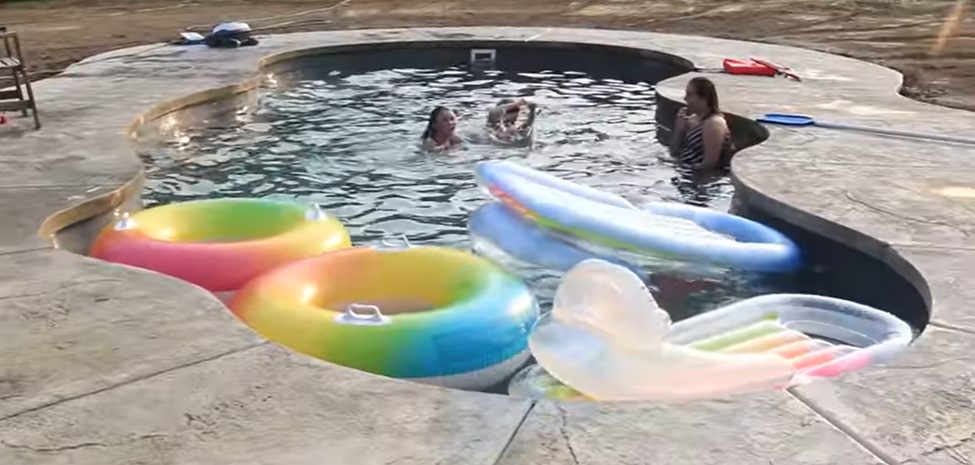
In contrast to the aboveground pool pumps, the inground pumps draw water upwards.
That means they require much more power to run. They mainly pull 10-amps of electricity and 240 volts, while they usually attach additional devices to their circuit.
- A saltwater coordinator (5-8-amps)
- Pool lights (3,5W each light)
The sum of amperes used in this circuit exceeds the capabilities of the 15- or 20-amp breaker. That makes a 30-amp breaker a more suitable choice for your pool.
You might need to connect a larger breaker if your swimming pool has a hot tub installed.
Ground Fault Circuit Interrupter (GFCI)
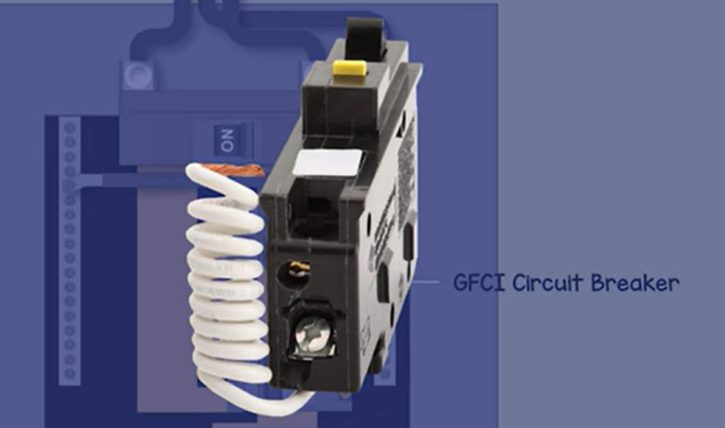
The National Electrical Code (NEC) cannot stress enough the importance of a GFCI applied to an outlet used for swimming pools.
They have a similar purpose as the breaker, even though they have a higher sensitivity to ground faults, leakage, and contact of the circuit to water. This device is typically used indoors and outdoors, in spaces with high levels of moisture, such as bathrooms, basements, or swimming pools.
They trip the system immediately, preventing accidents that include shock or other electricity-related injuries.
Video References
5 Best Pick
Electric technical
Craig Heffernan
Komar Project
The Engineering Mindset
